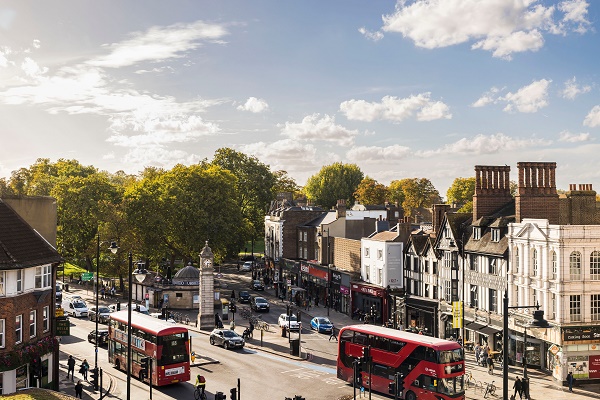Britain is in the midst of a care crisis, with staff shortages, increasing energy prices and the cost of living crisis squeezing care services in the UK.
This impact is to be felt by older homeowners and their adult children – so bad news for any who are planning on inheriting their parents’ wealth.
The average care home cost in the UK is £1,160 per week, working out at around £60,320 a year and for nursing homes, the cost is even more, with average costs sitting around £1,410 a week or £73,320 per year (source: Carehome.co.uk).
With a typical stay in care home for over 75s being approximately four years according to Census data, an average care home stay could cost Brits as much as £240,000-£290,000.
Whilst the government has plans to implement a social care cap of £86,000 – meaning no one will pay more than this amount for their social care during their lifetime – this won’t be coming into effect until October 2025. As a result, many Brits will still need to cough up for their elderly care in the meantime.
An estimated one third of care home residents are self-funded (source: ONS), with Brits typically funding their care home costs through their own estate or assets, with many using money from their homes to fund their care.
However, with the average price of a home in the UK currently sitting at £268,700 for a semi-detached house, and £445,100 for a detached house, Brits stand to lose as much as 89% of the capital in their home to pay for their care – leaving millennials with very little to inherit after this has been paid for.
Whilst this figure is alarming, many will not even be prepared for the impact of this cost, as findings from TakingCare Personal Alarms reveals that half of adults in the UK haven’t talked to their parents about their elderly care plans.
 Table: How much money could Brits lose from the equity in their homes to pay for their care costs.
Table: How much money could Brits lose from the equity in their homes to pay for their care costs.
Once an individual’s assets are below £23,250, they are entitled to financial support to pay for their care from the council.
Lauren Frake, an elderly care expert from TakingCare Alarm Pendants has revealed how care home costs will eat into millennials inheritance – and what families can do to mitigate this:
“Despite reports that suggest Millennials are on course to become the “richest generation in history” due to cash rich Boomer parents, this isn’t necessarily the case, with unplanned-for care costs likely to make a significant dent in inheritance.
“Our estimations show that a typical stay in a care home can cost as much as £60,000 a year, or even more for individuals with complex care needs like dementia, and millennials will no doubt need to factor in these types of costs when looking at what they may inherit from their parents.
“Elderly care plans are a crucial step in planning for the future, yet our research shows that many families in the UK simply aren’t preparing for this by avoiding having conversations about care needs with their elderly parents. By not talking about what future care will look like for their parents, UK families are also keeping themselves unaware of the realities of care costs – meaning that when the time comes to start paying these costs, they’ll be a big shock to budgets and financial planning.
“Whilst care homes provide an essential solution to the care needs of elderly people across the UK, there are preventative steps that can be taken to keep elderly people living safely at home for longer – such as assistive technology and in-home carers. However, these preventative measures can’t be implemented if people simply won’t have open conversations about it.
“Our #HaveTheTalk campaign encourages people to speak with relatives sooner about their future care and support wishes to help them better prepared for the future. By having conversations about care earlier, people can properly plan both financially and logistically for whatever the future might hold.”






Leave a Comment